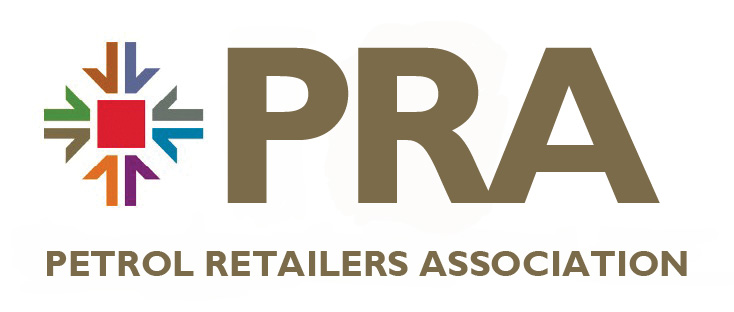[vc_row type=”in_container” full_screen_row_position=”middle” column_margin=”default” scene_position=”center” text_color=”dark” text_align=”left” overlay_strength=”0.3″ shape_divider_position=”bottom” bg_image_animation=”none”][vc_column column_padding=”no-extra-padding” column_padding_position=”all” background_color_opacity=”1″ background_hover_color_opacity=”1″ column_link_target=”_self” column_shadow=”none” column_border_radius=”none” width=”1/1″ tablet_width_inherit=”default” tablet_text_alignment=”default” phone_text_alignment=”default” overlay_strength=”0.3″ column_border_width=”none” column_border_style=”solid” bg_image_animation=”none”][vc_column_text]
Is it a legal requirement to require employees to sign an acknowledgement that they have read and understood the HR policies that apply to them? If so, is an electronic signature from the employee sufficient?
Under Section 1(1) Employment Rights Acts 1996 an employer is required to give a worker a written statement of the particulars of employment listed in Sections 1(3) and (4).
In the case of particulars relating to sick leave and pay, other paid leave, pension rights and training, the statement may refer to another document which is reasonably accessible to the worker. Such information will often be provided in the form of one or more policies.
It is common practice, although not a legal requirement to ask the worker to sign a form acknowledging that they have received the statement of written particulars. Acknowledging receipt in this way does not turn the statement into a binding written contract.
There is no requirement that an employment contract be signed, as:
- there is no statutory requirement to this effect, and
- contractually (under the law of England and Wales) express terms may be written or oral, and a written contract can be effective even if it is not signed.
A signed contract is advisable, however, in case there is disagreement about what terms were agreed.
Aside from the requirement to provide a written statement of particulars (some of which may be provided in policy form), there is no obligation on the employer to provide HR policies. It follows that there is no legal requirement to require the employee to sign a form acknowledging receipt of those policies.
It is, however, prudent to ask employees to formally acknowledge receipt of the employer’s employment-related policies, to minimise the risk that they subsequently claim that those policies were not brought to their attention.
Since there is no requirement for a worker to sign an acknowledgment of receipt of applicable employment-related policies, there is nothing to prevent the use of electronic signatures. Such a signature will act as evidence (although not necessarily conclusive evidence) before a court or tribunal that the person signing has acknowledged the relevant policies.
Don’t forget, this advice is general in nature and will need to be tailored to any one particular situation. As an RMI member you have access to the RMI Legal advice line, as well as a number of industry experts for your assistance.
Motor Industry Legal Services
Motor Industry Legal Services (MILS Solicitors) provides fully comprehensive legal advice and representation to UK motor retailers for one annual fee. It is the only law firm in the UK which specialises in motor law and motor trade law. MILS currently advises over 1,000 individual businesses within the sector as well as the Retail Motor Industry Federation (RMI) and its members.[/vc_column_text][/vc_column][/vc_row]









